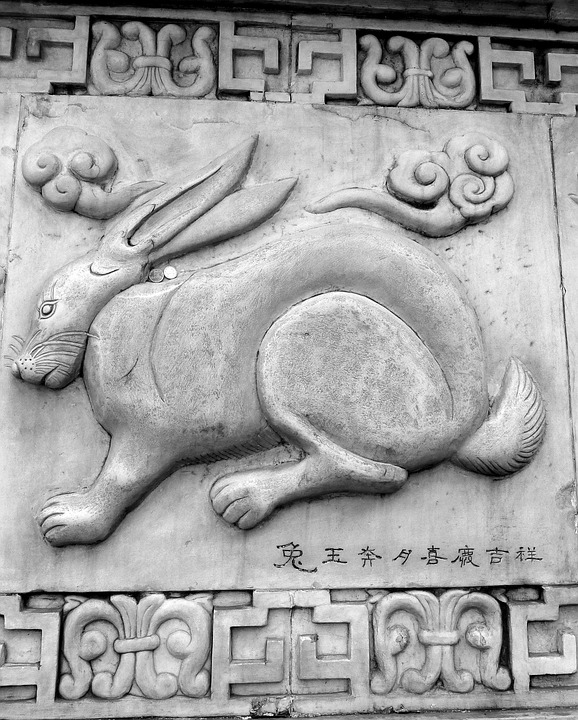Critiques of Capitalism in Marxist-Leninist Thought
Marxist-Leninist thought offers a comprehensive critique of capitalism, highlighting its inherent contradictions and injustices. The ideology of Marxism-Leninism, which combines the theories of Karl Marx and Vladimir Lenin, provides a framework for analyzing the dynamics of class struggle and imperialism under capitalism. In this article, we will delve into the critiques of capitalism in Marxist-Leninist thought, focusing on class struggle and imperialism.
Class Struggle
One of the central tenets of Marxist-Leninist thought is the idea of class struggle as the driving force of historical change. According to Marx, society is divided into two main classes: the bourgeoisie, who own the means of production, and the proletariat, who must sell their labor power to survive. The bourgeoisie exploit the proletariat by extracting surplus value from their labor, leading to the accumulation of wealth in the hands of a few.
Marxist-Leninists argue that this exploitation is built into the very structure of capitalism, creating an inherent conflict between the interests of the bourgeoisie and the working class. As the proletariat becomes increasingly alienated from the means of production and their labor is commodified, their living conditions deteriorate while the bourgeoisie amass more wealth and power.
The concept of class struggle in Marxist-Leninist thought is not just limited to economic exploitation, but also encompasses political, social, and cultural dimensions. The ruling class uses its economic power to maintain its hegemony over society, shaping institutions and ideologies to serve its interests. The state, according to Marx, serves as a tool of the ruling class to maintain social order and suppress dissent.
Marxist-Leninists argue that the only way to overcome capitalist exploitation and oppression is through revolutionary struggle. By organizing the proletariat into a unified class-conscious force, it is possible to challenge the power of the bourgeoisie and ultimately overthrow the capitalist system. This process, known as the dictatorship of the proletariat, aims to establish a socialist society based on collective ownership of the means of production and the principles of solidarity and equality.
Imperialism
Another key aspect of the critique of capitalism in Marxist-Leninist thought is the analysis of imperialism as the highest stage of capitalism. Lenin, in his seminal work “Imperialism, the Highest Stage of Capitalism,” argues that the expansion of capitalism into the global arena leads to the domination of monopolies and the division of the world into competing imperialist powers.
Imperialism, according to Marxist-Leninist theory, is driven by the need for capital to seek out new markets, sources of raw materials, and cheap labor in order to sustain its growth and profitability. This process leads to the exploitation and underdevelopment of colonized countries, as well as the intensification of inter-imperialist rivalries and conflicts.
Lenin identifies five key features of imperialism: the concentration of capital into monopolies, the export of capital to foreign markets, the division of the world into spheres of influence, the dominance of finance capital, and the escalation of military aggression. These developments not only exacerbate class contradictions within capitalist societies but also create new forms of exploitation and oppression on a global scale.
Marxist-Leninists argue that imperialism is not just an economic system, but a political and social order that reinforces the power of the ruling class. The imperialist powers use their economic and military might to impose their will on other nations, exploiting their resources and labor for their own benefit. This leads to the perpetuation of unequal power relations between the global North and the global South, as well as the exacerbation of poverty, inequality, and violence.
Critiques of capitalism in Marxist-Leninist thought emphasize the need for anti-imperialist struggle to challenge the dominance of imperialist powers and build solidarity among oppressed peoples. By resisting imperialism and building alliances with other revolutionary movements, it is possible to create a more just and equitable world order based on principles of self-determination, national liberation, and socialist solidarity.
In conclusion, Marxist-Leninist thought offers a comprehensive critique of capitalism, highlighting its exploitative and oppressive nature. By focusing on class struggle and imperialism, Marxist-Leninists analyze the structural inequalities and power dynamics that underpin the capitalist system. Through revolutionary struggle and anti-imperialist resistance, it is possible to challenge the dominance of the bourgeoisie and build a more equitable and just society based on the principles of socialism and solidarity.




